Featuring: BLS Book Talk/Discussion (Oct. 30 @ 6 pm) & New BLS Library Display
The American Law Institute describes itself as “the leading independent organization in the United States producing scholarly work to clarify, modernize, and improve the law.” From the bedrock Restatements on contracts, property and torts to the influential Uniform Commercial Code to the current project on Children and the Law, ALI’s legal experts have crafted (and continue to develop) key documents to aid courts, legislatures, agencies and law teachers/students. As ALI celebrates one hundred years of codifying and developing law, BLS librarians are proud to note that ALI’s history is Brooklyn Law School’s history. Many BLS current and emeritus faculty are ALI members: William D. Araiza, Miriam H. Baer (Vice-Dean), Anita Bernstein, Dana Brakman Reiser, Neil B. Cohen, James A. Fanto, Marsha Garrison, Andrew Gold, William E. Hellerstein, Alexis J. Hoag-Fordjour, Edward J. Janger, Beryl R. Jones-Woodin, Roberta S. Karmel, Brian A. Lee, David D. Meyer (President and Dean), Samuel K. Murumba, Norman S. Poser, David Reiss, Alice Ristroph, Elizabeth M. Schneider, Winnie F. Taylor, Aaron D. Twerski and Joan G. Wexler (Dean and President Emerita). We invite you to view a display highlighting ALI and BLS faculty’s work on noted ALI texts and projects in the third-floor Nash reading room.
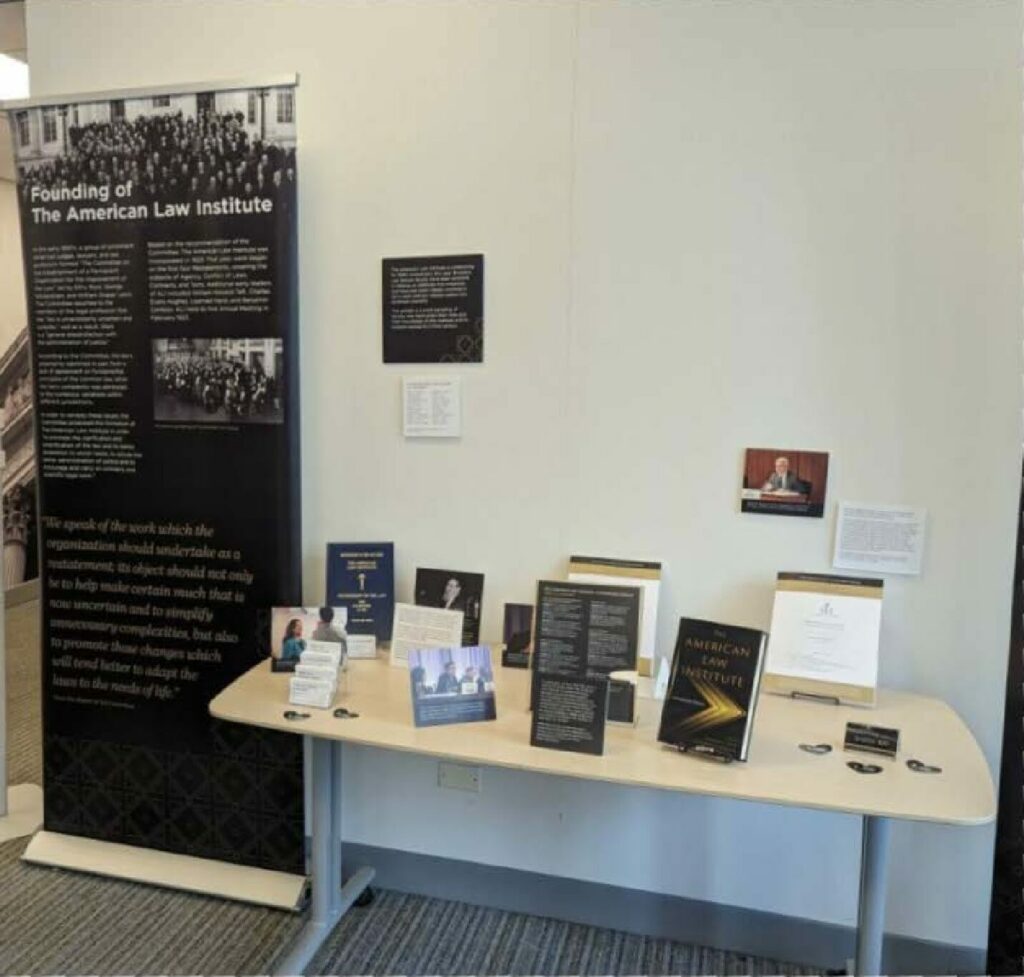
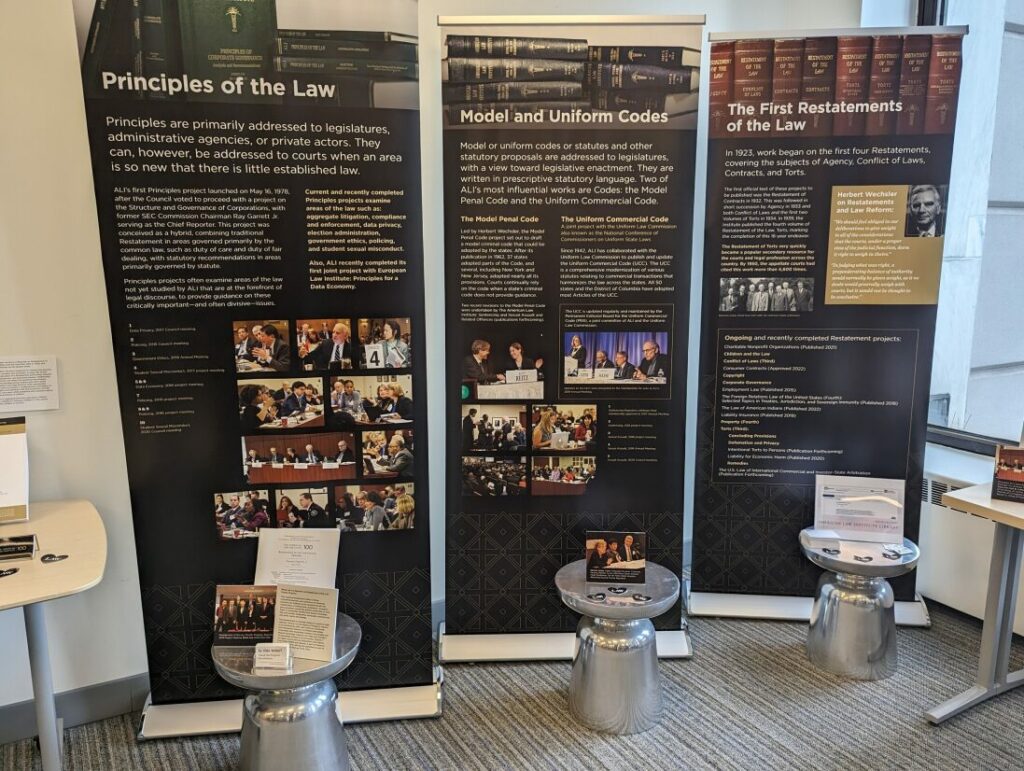
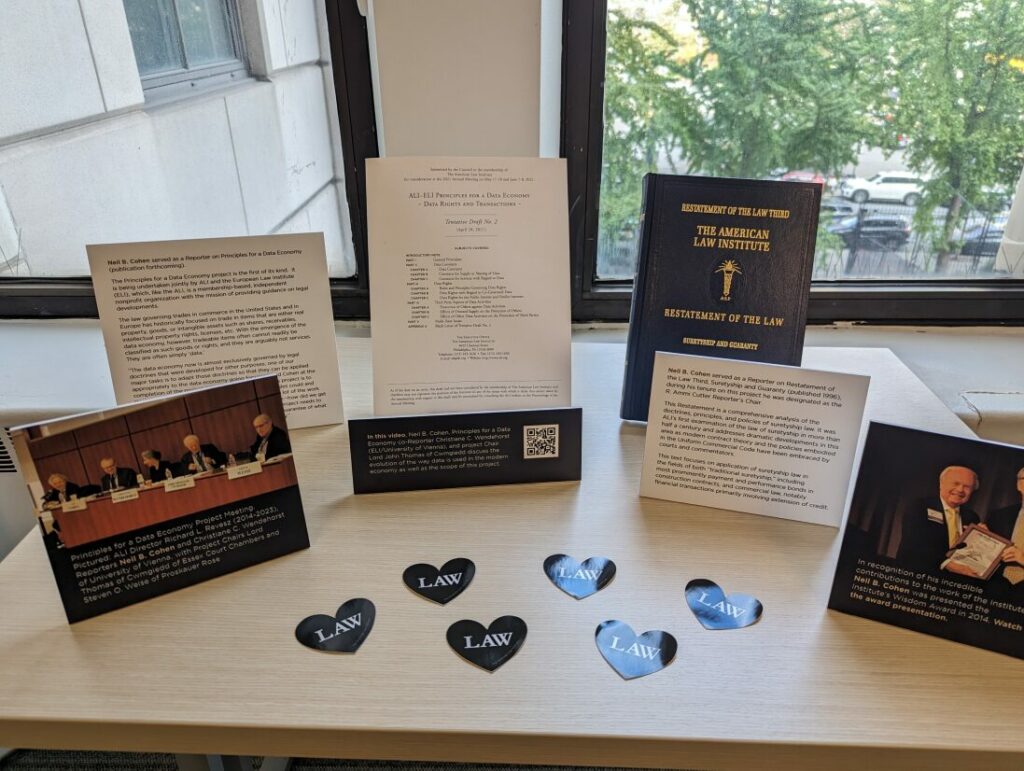
BLS patrons also can review the texts featured in this display through HeinOnline’s American Law Institute Library (a subscription database accessible on campus through the BLS network or off campus through a web browser that communicates with the BLS proxy server).
On Monday at 6 pm, BLS Professor Andrew Gold and his co-editor Robert W. Gordon (Professor of Law Emeritus, Stanford Law School) will lead a book talk and discussion in the BLS Subotnick Center on their new work: The American Law Institute: A Centennial History. As noted in its introduction, this book is a collection of essays on certain ALI undertakings. Essay authors include a number of current and former Reporters involved in Restatement projects. The chapters raise questions like: What does it really mean to “restate” the law? How does a Restatement change the direction of law? Chapter 5 has the intriguing title: “Canon and Fireworks: Reliance in the Restatements of Contracts and Reliance on Them.” BLS patrons can access a digital version of this book on campus or off campus through the BLS proxy server.





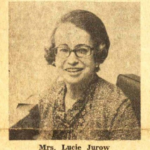
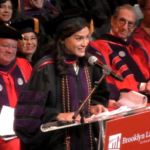
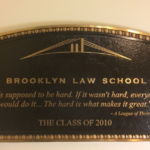
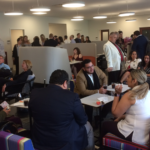
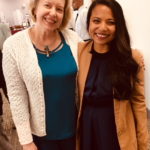
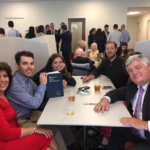
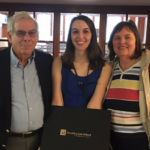

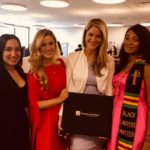
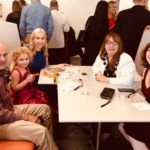


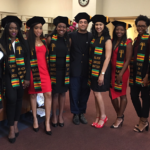
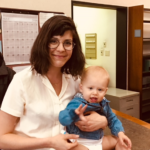
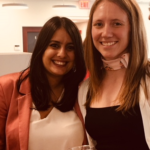
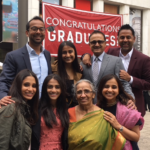

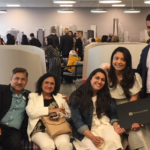
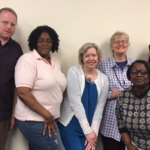


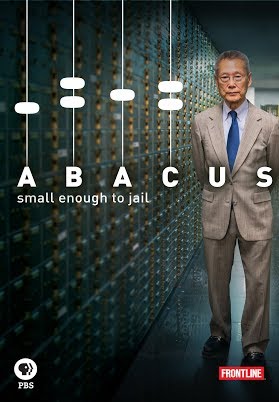 If you want a tale of a bank charged with falsifying loan-application documents by inflating borrower assets, incomes, and job titles, and “fraudulent mortgages” being sold to Fannie Mae, the federally backed mortgage company, see the documentary
If you want a tale of a bank charged with falsifying loan-application documents by inflating borrower assets, incomes, and job titles, and “fraudulent mortgages” being sold to Fannie Mae, the federally backed mortgage company, see the documentary  The Brooklyn Law School Library collection included
The Brooklyn Law School Library collection included  The conversation starts with Greg Zamfotis, President and CEO of
The conversation starts with Greg Zamfotis, President and CEO of  The conversation then moves to John Rudikoff who has been director of CUBE since 2015. John discusses CUBE’s mission which focuses on training students to seek a competitive advantage in the job market and on providing essential legal services that startups need to scale up and become sustainable. Referring to a recent article on the WSJ Law Blog,
The conversation then moves to John Rudikoff who has been director of CUBE since 2015. John discusses CUBE’s mission which focuses on training students to seek a competitive advantage in the job market and on providing essential legal services that startups need to scale up and become sustainable. Referring to a recent article on the WSJ Law Blog,